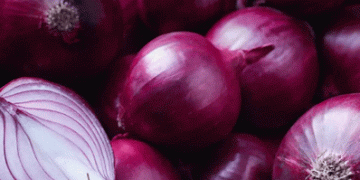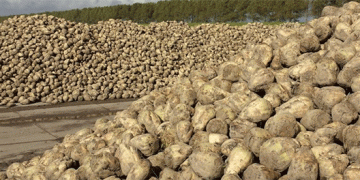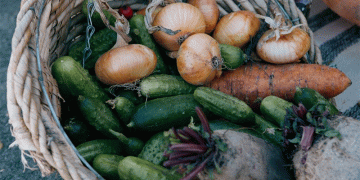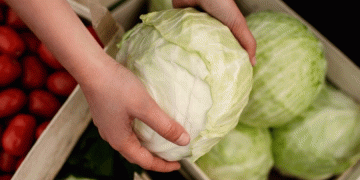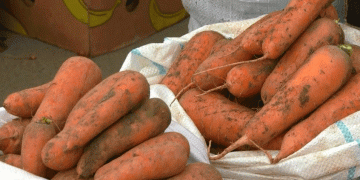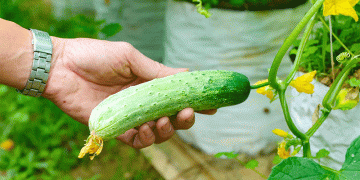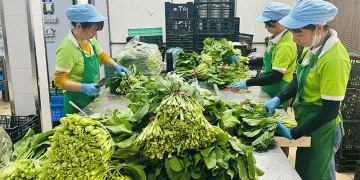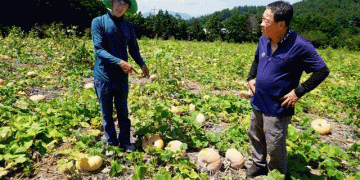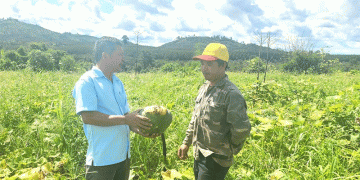The Philippines’ onion sector faces a delicate balancing act as the Bureau of Plant Industry (BPI) moves to stabilize supply and prices. With a plan to import 16,000 metric tons of yellow onions, Director Gerald Glenn Panganiban assured that local production would not be compromised. The decision to import is driven by concerns over potential price hikes, which plagued the country in 2022 when shortages caused onion prices to soar dramatically.
Importation to Curb Price Increases
On August 26, 2024, the Department of Agriculture (DA), led by Secretary Francisco Tiu Laurel Jr., approved the importation of onions to prevent a repeat of the 2022 price surge. This import is aimed at meeting the high demand expected during the holiday season and preventing drastic price increases.
Currently, the Philippines has a significant stock of 99,519 metric tons (MT) of red onions, while white and yellow onion stocks have dwindled to just 1,642 MT. The lower supply of white onions poses a risk of escalating prices as demand rises towards the year-end holidays. The approved import volume of 16,000 MT of yellow onions is expected to fill this gap and stabilize prices in the market.
Safeguarding Local Production
One of the key assurances from BPI is that these imports will not interfere with the country’s onion harvest season. Director Panganiban confirmed that the last day for the entry of imported onions is set for December 31, 2024, just before the local onion harvest begins in January 2025. This move ensures that local farmers will have the opportunity to sell their produce without the additional pressure of competing with imported onions.
Additionally, the BPI is monitoring the volume and timing of imports to ensure they do not negatively impact domestic supply chains. Importation during the holiday season, when demand peaks, is seen as a strategic step to balance market needs without harming local farmers.
Market Dynamics and the Role of Imports
The decision to import onions comes after careful analysis of market dynamics, including fluctuating supply levels and seasonal demand. The DA and BPI understand that maintaining a steady supply is critical to preventing price volatility. However, the BPI also stresses the importance of protecting local farmers from the negative effects of import competition, which could disrupt their income and market share.
Given that the holiday season is typically marked by a sharp rise in demand for white onions, the government is ensuring that these imports help stabilize market prices without overwhelming local stocks. The situation is being closely monitored to ensure an optimal balance between local supply and imported stock.
The Philippines’ onion market is entering a crucial period where both local production and imports play vital roles. While the importation of 16,000 MT of yellow onions is essential to avoid price spikes during the holiday season, the BPI’s measures to limit imports until December 31 ensure that domestic production remains protected. By carefully managing supply through controlled imports and strategic timing, the government aims to support both farmers and consumers, maintaining market stability without sacrificing local agricultural output.
